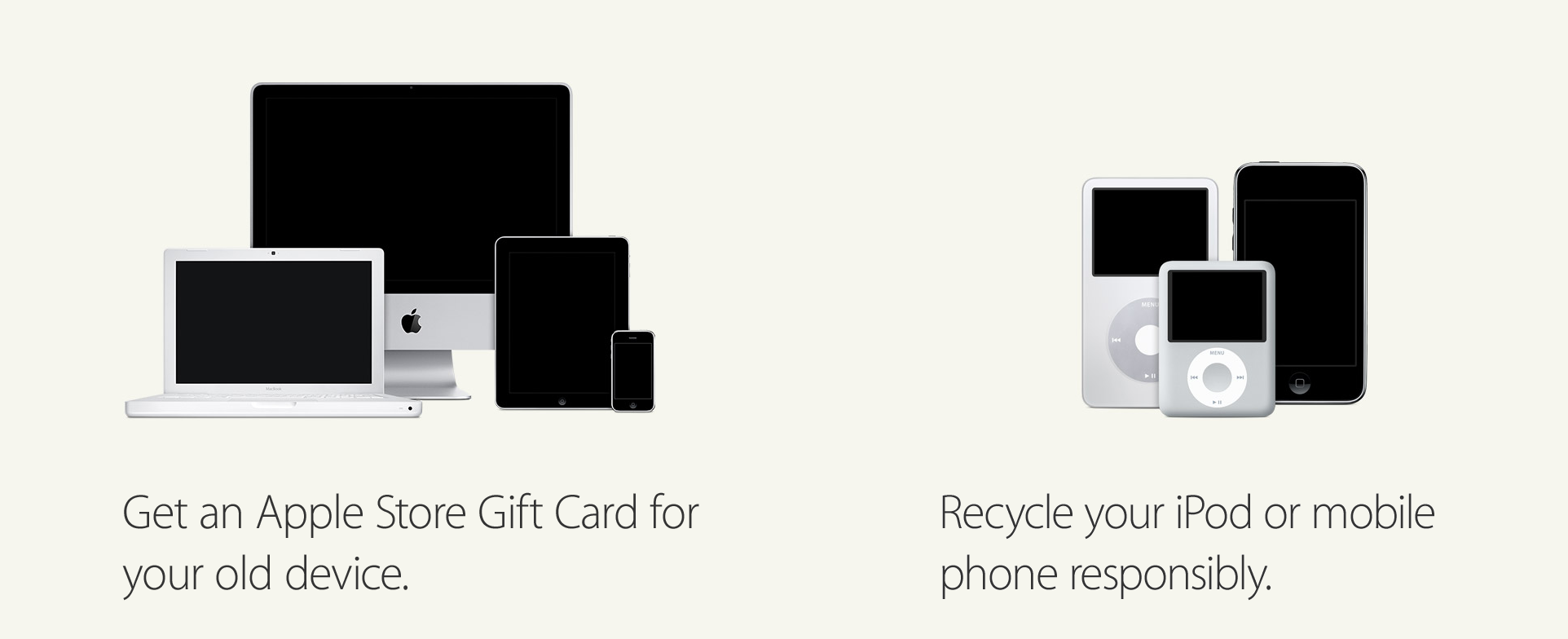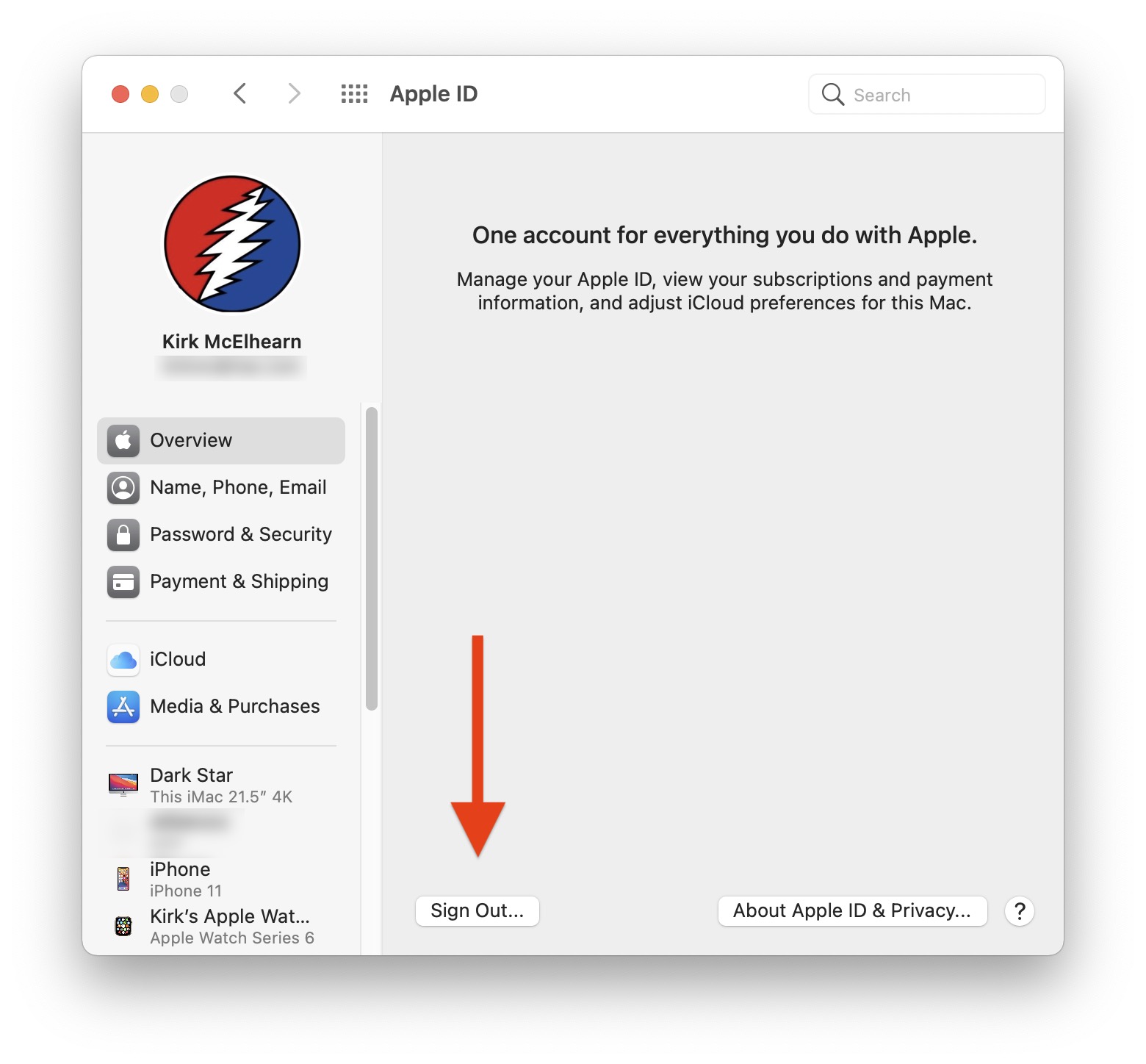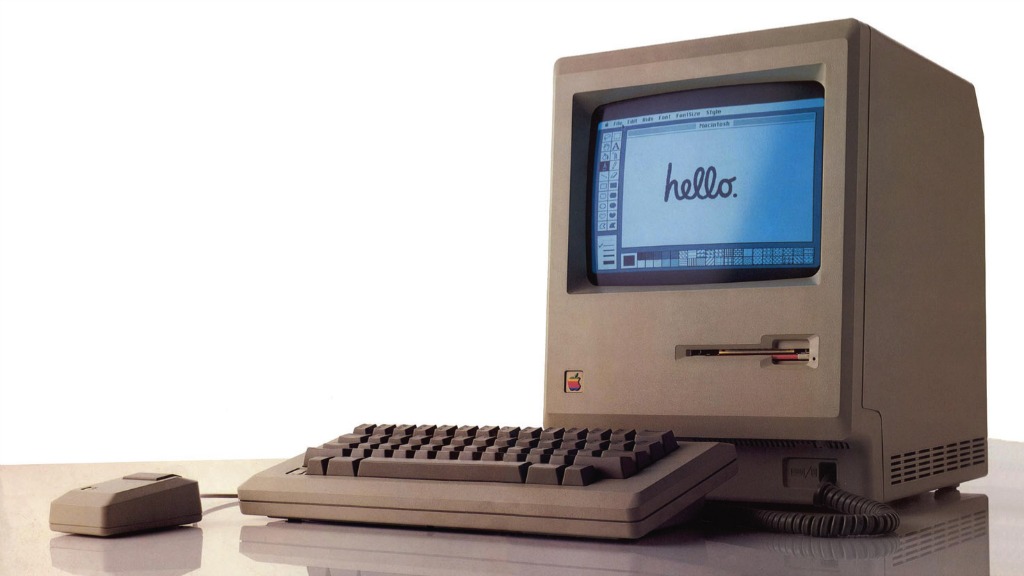

- How to recycle mac computer how to#
- How to recycle mac computer Bluetooth#
- How to recycle mac computer free#
How to recycle mac computer how to#
The average person may not know how to ensure a laptop’s hard drive is unreadable or that personal data has been removed from a cellphone. Privacy and data theft concerns are often-cited reasons for why people hang on to old electronics. Data theft concerns are often a roadblock to electronics recycling. Only 38 percent of old computers that had reached the end of their useful lives were collected for recycling in 2009, and for cellphones that number was even lower at 8 percent. This is one of many good reasons to recycle old electronics, yet recycling rates could be much higher. Now learn how to protect your new computer from hackers with these computer security tips.By recycling one million laptops, we can save the energy equivalent to the electricity used by 3,500 American homes in a year, according to the EPA. Check out the Environmental Protection Agency's Electronics Donation and Recycling page to learn about recycling or donating your computer. So what are your options? You can recycle or donate your computer.Ĭomputer manufacturers, electronics stores, and other organizations have computer recycling or donation programs. Most computers contain hazardous materials like heavy metals that can contaminate the earth and don’t belong in a landfill. Now you’re ready to get rid of that computer. You’ve saved your personal information and wiped your hard drive clean. If it doesn’t have one, look for expert reviews online to see what programs are out there and which ones are compatible with the type of computer and hard drive you have. Look for a program or function on your computer that will let you erase all your files from the hard drive and reset it to factory settings.
How to recycle mac computer Bluetooth#
Un-pair your computer from Bluetooth devices like a mouse, keyboard, or wireless display. Sign Out of Accounts, Disconnect Devices, and Erase Your Hard DriveĪfter you save your personal information, however you save it, sign out of all your online accounts from the computer you’re getting rid of. Do they have privacy and security settings you can adjust?ĭo they use encryption to protect your data? (Encryption is the process of scrambling the information to hide the contents of the file.) A service that encrypts your data when it’s transmitted to and from the service, or when they store it, provides a higher level of security than one that doesn’t. If you’re thinking about using cloud storage, find out what level of privacy or security the different services offer. When you save your information in the cloud, you’re trusting someone else to keep that information safe.
How to recycle mac computer free#
Many of these services come with some free storage space and you can pay for more storage. You may be familiar with some, like Google Drive, Evernote, Dropbox, or iCloud, but there are many others out there. There are many cloud storage services that let you save files and data online. You can decide which files or folders to back up, and you may be able to schedule automatic backups. It might cost a little more than a USB drive, but it can give you more storage capacity and transfer data faster. Another option is an external hard drive. A USB flash drive is an affordable option that offers a moderate amount of storage. Save your files to an external storage device. Most operating system manufacturers have support articles that tell you how to do this. Transfer your files to your new computer. If you bought a new computer, you can transfer information from your old computer to the new one. Here are some options for saving or backing up your information. Knowing what you want to save and how much space you’ll need will help you choose the best solution. Do you have photos, videos, or important documents you want to save? How much storage space will you need to save that information?

Protect Your Personal Information and Data.Mobile Payment Apps: How to Avoid a Scam When You Use One.How to Spot, Avoid and Report Tech Support Scams.How to Secure Your Voice Assistant and Protect Your Privacy.How to Recognize and Report Spam Text Messages.How to Protect Your Data Before You Get Rid of Your Computer.How To Safely Use Public Wi-Fi Networks.How To Recover Your Hacked Email or Social Media Account.

How To Recognize, Remove, and Avoid Malware.How to Recognize and Avoid Phishing Scams.How to Protect Your Phone and the Data on It.


 0 kommentar(er)
0 kommentar(er)
